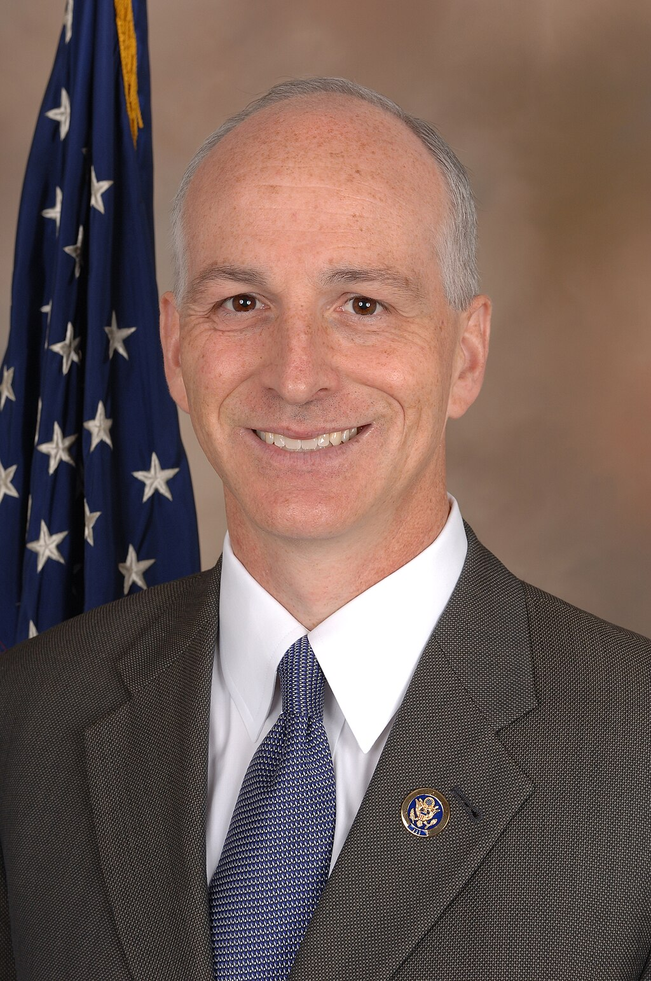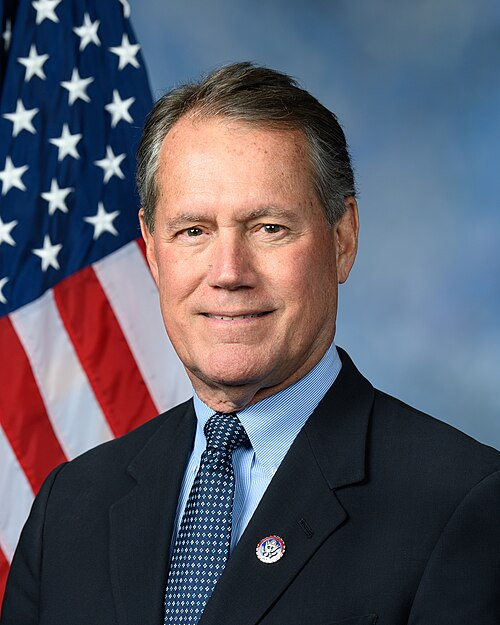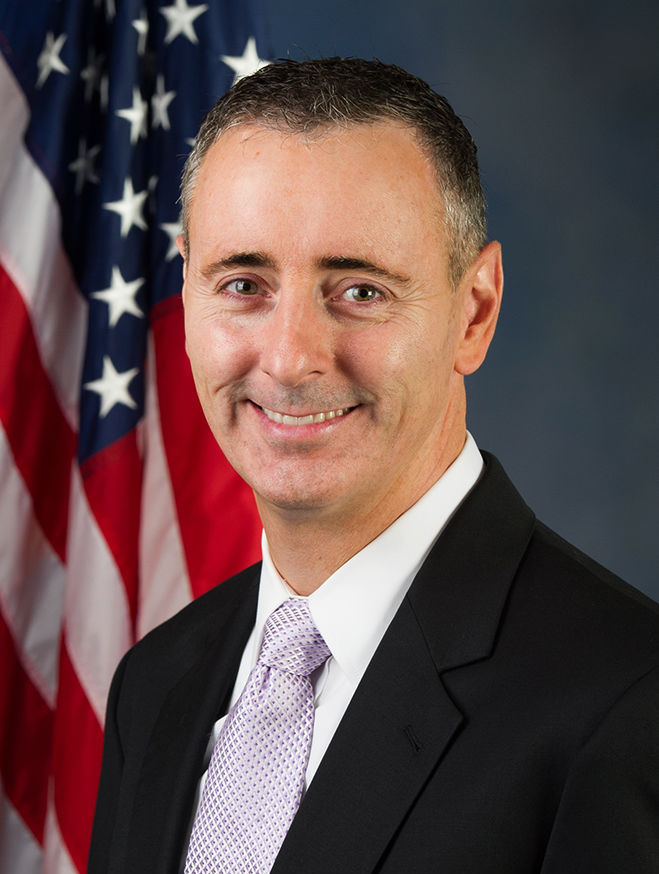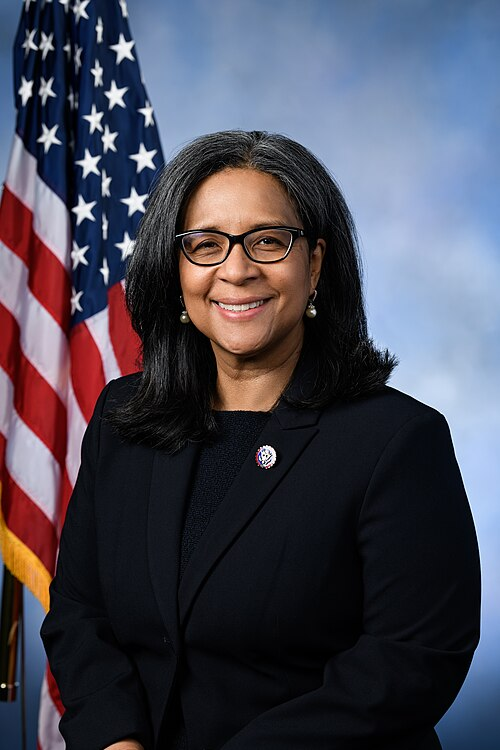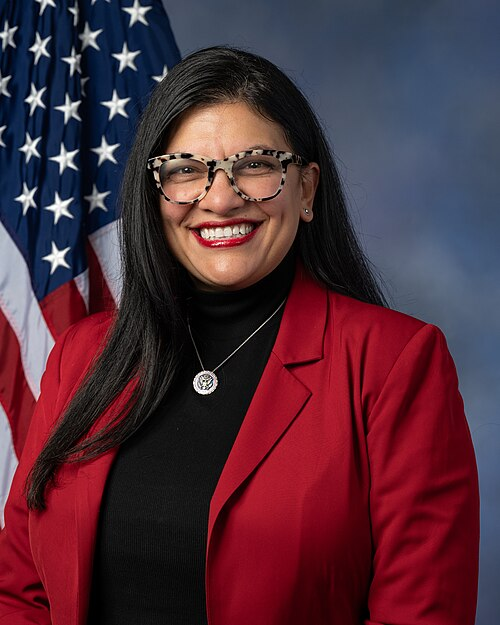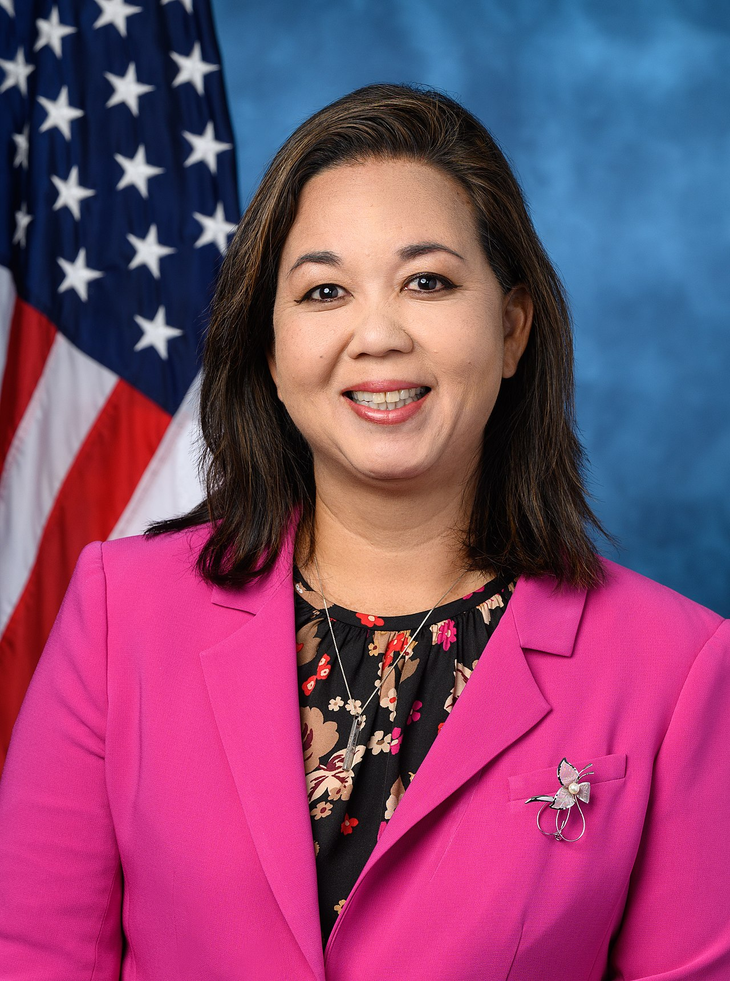H.R. 3658: 911 Community Crisis Responders Act of 2025
This bill, titled the 911 Community Crisis Responders Act of 2025, aims to authorize the Secretary of Health and Human Services to grant funds to various entities, such as states, tribal governments, and certain local governments. The purpose of these grants is to establish unarmed mobile crisis response programs that focus on handling nonviolent emergency calls, specifically those related to mental health, substance use, and similar issues, without involving law enforcement.
Key Provisions
Grants for Mobile Crisis Response Programs
The bill allows the Secretary to award grants for the following specific tasks:
- Establishing unarmed mobile crisis response programs that respond to nonviolent emergencies.
- Dispatching teams of two or more unarmed professionals quickly to these emergencies.
- Providing a range of services, including screening, assessment, trauma-informed care, community engagement, and transportation to necessary treatments.
- Coordinating with health and social service systems when necessary.
- Clearly defining which types of calls should be referred to the mobile crisis response unit instead of law enforcement.
Uses of Grant Funds
The funds from grants can be used for the following activities:
- Hiring and training unarmed professional service providers who will respond to emergencies.
- Updating the 911 response system to help differentiate nonviolent calls from those needing police intervention.
- Training public safety telecommunicators on response coordination and de-escalation tactics.
- Collaborating with existing mental health hotlines and local providers to ensure a cohesive response.
- Collecting data and reporting on the program’s effectiveness and service reach.
Program Accountability
Grant recipients are required to submit biannual reports to the Secretary, detailing:
- The number of 911 calls diverted to their program.
- Demographic information on the individuals served.
- The impact of their program on emergency services utilization, including hospital visits and police involvement.
- An assessment of response effectiveness and cost analysis.
Definitions and Nondiscrimination Clause
The bill also contains definitions clarifying terms like "nonviolent emergency call," which includes situations related to mental health that do not show clear violent behavior, and "unarmed professional service provider," which refers to personnel like social workers and community health workers who are trained but do not carry firearms.
Additionally, it enforces a nondiscrimination clause to ensure that no individual is excluded from the benefits of this program based on race, religion, or other identity markers.
Relevant Companies
- None found
This is an AI-generated summary of the bill text. There may be mistakes.
Sponsors
9 bill sponsors
Actions
2 actions
| Date | Action |
|---|---|
| May. 29, 2025 | Introduced in House |
| May. 29, 2025 | Referred to the House Committee on Energy and Commerce. |
Corporate Lobbying
0 companies lobbying
None found.
* Note that there can be significant delays in lobbying disclosures, and our data may be incomplete.
Potentially Relevant Congressional Stock Trades
No relevant congressional stock trades found.
